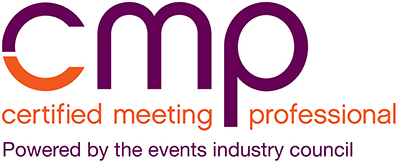Events Industry Council - Digital and Hybrid Events Guidebook
![]() Print this Article | Send to Colleague
Print this Article | Send to Colleague
The Events Industry Council's Digital and Hybrid Events book is now available to view, and CE points can be earned by answering quiz questions about the guide.
An intro to the report
The term digital is used to describe a set of tools and strategies that can be applied to multiple meeting and event (M&E) formats where technology is utilised to plan and deliver events. In-person, virtual and hybrid events may all make use of digital, although virtual and hybrid events tend to rely on digital tools to deliver and facilitate experiences. The pandemic accelerated innovation in digital event technologies, particularly interactive digital platforms that added to well-established pre-pandemic digital tools already in wide use such as content presentation and management, mobile apps, signage, overflow rooms, and content streaming.
It is important to acknowledge that the planning process for digital follows essentially the same process for in-person M&E. It is just as critical to define the goals and objectives for a digital event as it is for in-person. However, when using digital technologies, the type of delivery method needs to be overlayed based on the defined goals and objectives, as some meeting types are better suited to the in-person experience (e.g., incentive meetings), while others are highly effective in a fully virtual environment (e.g., internal training meetings), with the spectrum of hybrid events in-between these two alternatives. Regardless of the delivery method and the extent digital technology is utilised, all meetings and events are driven by the need to share content and/or experiences. As such, we must start with a strategy that supports the overall event goals/objectives and solve for the question of how they are best delivered.
Virtual meetings will continue to successfully address the restrictions of the pandemic as countries and regions remain in various stages of the return to in-person M&E. Moving forward, it is commonly accepted that hybrid events will continue play a key role in the M&E portfolio strategy because of multiple benefits: expanded reach and accessibility, broader diversity of participants, the inclusion of those who were not able to attend a F2F event, reduced environmental impact, and enhanced return on investment (ROI) metrics to prove the value of the M&E.
To view the guide click here.

